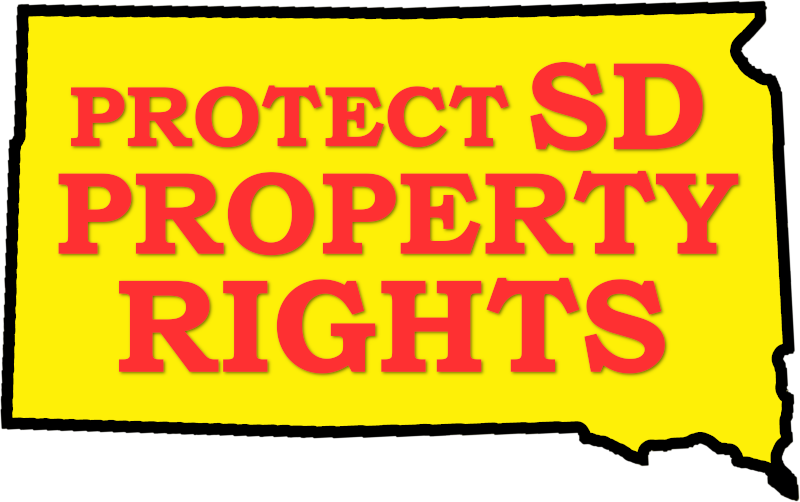Iowa board grants Navigator CO2’s request to pause its permit process.
It could take more than a year for Summit Carbon Solutions to get approval for its proposed carbon dioxide pipeline in South Dakota.
That’s because the company, which was denied a pipeline permit by utility regulators in that state last month, will reapply after it identifies a new route that complies with county ordinances.
“Moving forward, we are committed to working with the counties in South Dakota to find a mutually agreeable path through each county,” said Sabrina Zenor, a spokesperson for the company. “This means working within ordinances regarding applicability of waivers, etc. and more dynamic conversations around routing.”
Summit applied for a permit to construct a carbon dioxide transmission pipeline in that state in February 2022. The South Dakota Public Utilities Commission denied the application about 19 months later in September, citing the route’s conflicts with ordinances in four counties.
Summit had asked the commission to overrule those ordinances but withdrew that request after the commission upheld the ordinances in regard to another pipeline proposal by Navigator CO2. That company has since suspended its negotiations for land easements in South Dakota and requested to suspend its permit process in Iowa.
Both companies have sought permission to build multistate pipeline systems to transport captured carbon dioxide from ethanol plants and other facilities. South Dakota is crucial for Summit’s proposal because it has eight of the 31 ethanol plants that would connect to Summit’s system and because it is a link between North Dakota and most of the remaining plants in Iowa, Minnesota and Nebraska. The company plans to sequester the greenhouse gas underground in North Dakota.
South Dakota law allows counties to adopt restrictions on the pipelines, but state regulators can overrule them if they are “unreasonably restrictive.”

